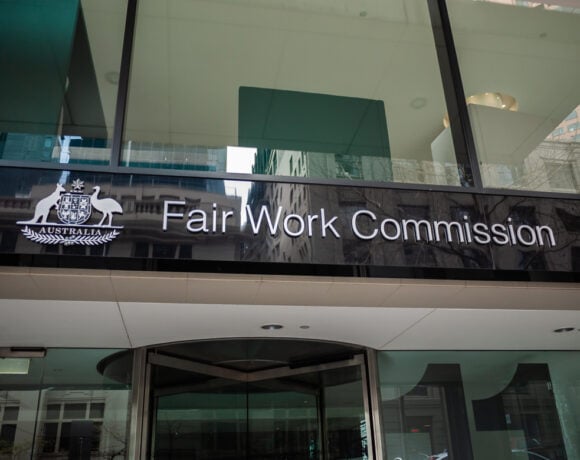Adverse action is a section that is new to Australian workplace relations, introduced by the Labor Government in its Fair Work Act 2009.
An employer takes adverse action against an employee when the employer takes action that adversely affects the employee for having or utilising a workplace right. An employee can make a claim (while employed or after termination, if termination is the adverse action) to Fair Work Australia under the General Protections section of the Fair Work Act. A number of these have been decided by the Federal Magistrate’s Court and by the Federal Court, and even the High Court has recently heard an appeal.
There are two problems for employers in adverse action. The first is the reverse onus of proof. Once an employee proves the facts, the onus switches to the employer to prove that they did not take the action because the employee had a workplace right. Secondly, there are fines of up to $33,000 for breaches of this section of the Act for corporations, as well as smaller fines for individuals.
The full Federal Court has rejected a Qantas challenge to a Federal Magistrates Court decision that it coerced and took adverse action against an aircraft engineer who complained about being underpaid while on an overseas posting.
Recently, Federal Magistrate Raphael found the Qantas employee, a licensed aircraft engineer, was subjected to adverse action after returning to his home base of Brisbane from working a six-week posting at Japan’s Narita International Airport (Narita).
The engineer made a claim for time off in lieu and payment for additional hours worked while at Narita, where there was a different rate of pay and conditions. Qantas rejected the claim for increased wages, and the employee was told so by his manager in a heated conversation, and the engineer sought to commence the dispute resolution clause of the Enterprise Agreement. A day later, Qantas suspended overseas postings of Brisbane-based engineers, while not affecting the postings of other engineers around Australia.
The union took action in response to the suspension and to a subsequent heated phone call between the engineer and a Qantas manager, in which the manager allegedly said that future postings would only be granted to engineers who did not make time off in lieu claims. This was an implied threat to stop making trouble.
The full court found Federal Magistrate Raphael was correct in his findings and that Qantas had not been denied procedural fairness during or as a result of correspondence after, the case.
This decision is significant in clarifying that altering a person’s position to their prejudice is a broad concept. Even though there were no fixed future overseas postings guaranteed by Qantas, the company’s decision meant there were no possible postings at all, which affected the engineer’s ability to earn more and gain experience.
In regard to the heated conversation, the case also considered that the phone conversation with the senior manager demonstrated an attempt to intimidate the engineer and make him withdraw a legitimate complaint. The employee’s ability to make a complaint was overborne by the manager’s intimidation.
A claim that the engineer had not been promoted because of his complaint was not successful, however, the employee was successful in that his bullying by the manager was adverse action.
Lessons for employers
The lessons for employers are threefold. If an employee claims a workplace right (such as wages, OHS or an award entitlement) treat their complaint with respect and follow an agreed dispute resolution process to fix the problem. Don’t threaten the employee with loss of entitlement, be it their job, overtime or promotion.
If you know an employee has a workplace right and still take adverse action against them anyway (even though the employee may be unaware) it is likely that they will find out from another person, maybe a lawyer. An employee has 60 days to lodge an adverse action claim (compared to 14 days for an unfair dismissal claim).
If an employee states they think they have a right you have breached, seek advice immediately. It is better to fix the problem early rather than face a claim for adverse action in the courts.







COMMENTS